JANAKPURDHAM, Dec 12: Madhesh has become a focal point for both political discourse and dissent against the existing political system, primarily revolving around issues of republicanism and federalism. Ram Raja Prasad Singh, a prominent figure from Madhesh, not only advocated for a republic in Nepal through an article in the "Times of India" in 1956 but also took direct action by leading the Janawadi Morcha in 2042 BS. The Morcha strategically detonated bombs in 42 different locations across the nation, including significant landmarks like Narayanhiti Palace and Singha Durbar, heralding the call for a republic. The sacrifice of approximately 200 Madhesh residents during the people’s movements in 2006 and 2007 further emphasized their commitment to federalism.
However, the echoes of discontent are resurfacing in the region, challenging the very system that was once fought for. The current confusion in the political landscape has given rise to voices against the established order. Various political parties, both old and new, are positioning themselves to capitalize on this uncertainty, particularly in Madhesh Province, where exercises and activities are underway to engage the general electorate.
Madhesh has a historical reputation for actively shaping the political narrative and challenging the prevailing norms. The atmosphere within the province mirrors the rest of the country, with a growing chorus against perceived injustices. From ordinary citizens to parliamentarians, voices are being raised in opposition to unfair practices, with the Madesh provincial assembly witnessing protests from MPs expressing concern about the increasing unrest. Allegations of corruption in the distribution of commission-oriented schemes by the provincial government have fueled these protests.
Jayanul Rain, an MP from the Loktantrik Samajwadi Party (LSP), highlighted the increased threat to federalism due to corruption, emphasizing the need to address rising unemployment. He clarified that while the republican and federal systems are not inherently flawed, challenges arise when those in power make mistakes. Yuvraj Bhattarai and Pramod Yadav, other MPs, also emphasized the negative impact of corruption on the public perception of federalism, urging a comprehensive review of the provincial government's actions over the past six years.
I am not against federalism, republicanism: PM Oli

The emergence of political entities like the Janmat Party and the Rastriya Swatantra Party (RSP) in Madhesh reflects a growing discontent with unjust activities. The RSP, while not explicitly vocal about federalism, aligns with public sentiment against corruption. In a recent by-election, the RSP faced challenges, with its candidate Ramesh Kharel experiencing a seizure of bond amount in Bara-2 of Madhesh Province. The party is actively working to gain influence in the region, recognizing the significance of Madhesh's 32 seats in the House of Representatives.
As the political landscape in Madhesh evolves, leaders, including RSP Chairman Rabi Lamichhane, are striving to create an environment favorable to their cause amid the prevailing confusion and discontent.
Rabi Lamichhane, in his consistent message, said, "I have arrived in Madhesh with unwavering faith." Reflecting on the prevailing challenges in Madhesh, he states, "When honest people unite, light spreads everywhere."
During his stay in Madhesh, Lamichhane focused on addressing the widespread corruption contributing to the current confusion in the region. He anticipates that the upcoming elections will expose those responsible for plundering the fortunes of Madhesh. Directing his criticism towards the Madhesh-based parties, he asks, "What have those individuals, who claimed to be Madheshi and the messiah of Madhesh, accomplished?" Lamichhane seeks to convince the people of Madhesh that those who exploited the region will depart in a similar manner.
The RSP, actively engaged in political and strategic activities targeting Mission 2084 BS, recognizes the pivotal role Madesh plays in their campaign's success. To bolster their influence and organizational strength, the RSP conducted a crucial meeting in Jaleshwar, bordering Mahottari.
In the political report endorsed at the meeting, the RSP critiques the current provincial structure, asserting, "The existing provincial setup leads nowhere. It has transformed into a hub of corruption and a breeding ground for activists. Deliberation on alternatives is imperative." The report underscores the dissatisfaction among common citizens regarding the legitimacy of the provincial structure, emphasizing the need for change.
Durga Prasai, a medical entrepreneur, seeks to gain support from dissatisfied individuals in Madhesh, arguing that the current arrangement perpetuates unjust activities. He endeavors to garner support by rallying the victims of microfinance, commenting on Mission 2084 BS and asserting that the country's system will change before then.
Dr Bijay Mishra, an expert in Madhesh affairs, contends that Madhesh has become a central and appealing arena for all political parties. As the nation approaches Mission 2084 BS, parties on both sides are testing their strength in Madhesh. Mishra suggests that the province's demographic significance and voting strength make it a gathering ground for political forces.
Analyst Tula Narayan Shah observes that it is natural for diverse issues, views, and opinions to be shared in Madhesh. Despite the array of ideas, people embrace what aligns with their needs. Shah emphasizes that corruption and identity, including federalism, are marketable issues in Madesh. He notes, "Identity issues are crucial in Madesh, and people will not silently tolerate unjust activities. They will react and seek alternatives."
In the 2079 BS House of Representatives Representative and Provincial Assembly elections, Madhesh had a total of 3.39 million voters, with 1.83 million males, 1.56 million females, and 70 other voters. The population in Madesh Province is the highest provincially, with 6,126,288 residents, underscoring its substantial importance in national politics. Shah reminds that marginalizing Madhesh historically proved detrimental to establishing a political party at the national level.






-1765616104-1765618344.webp)
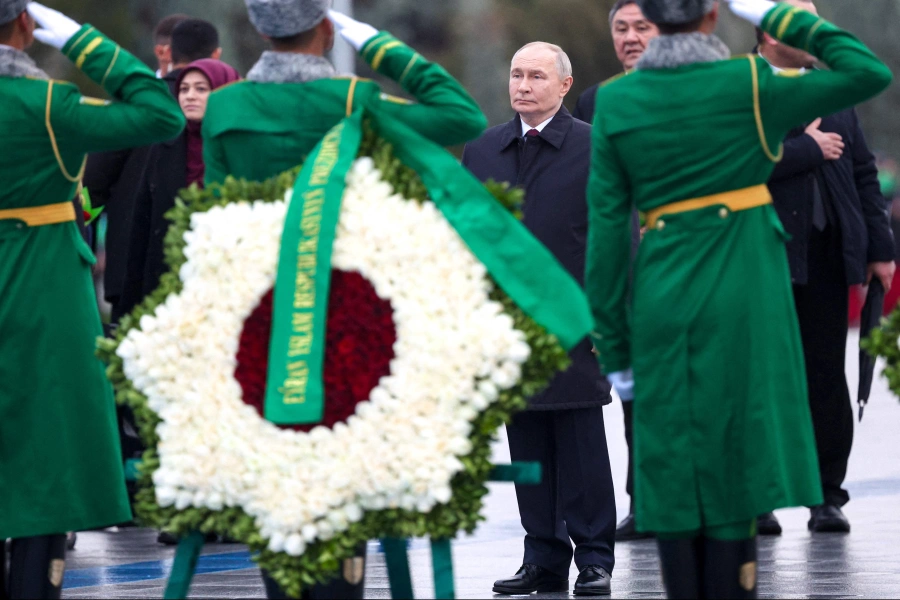
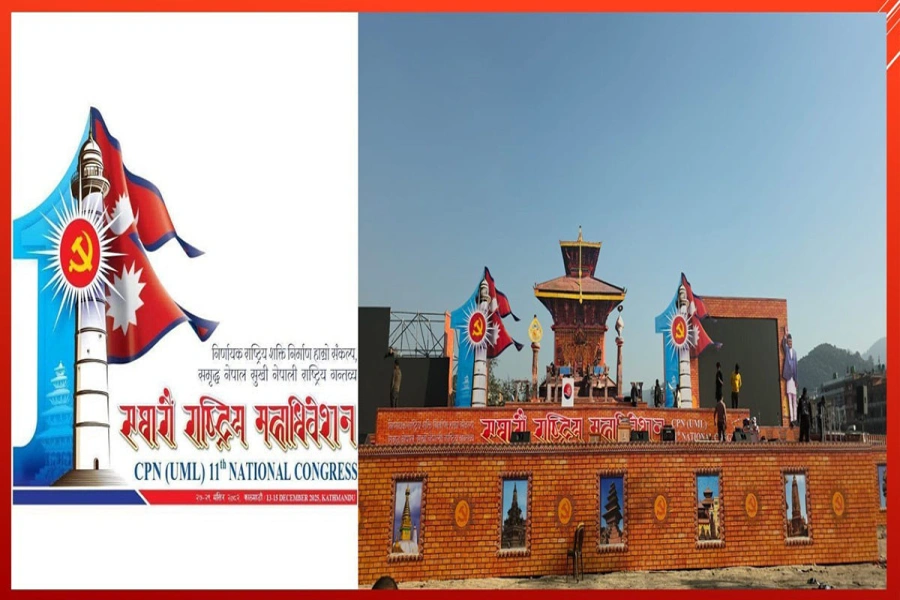








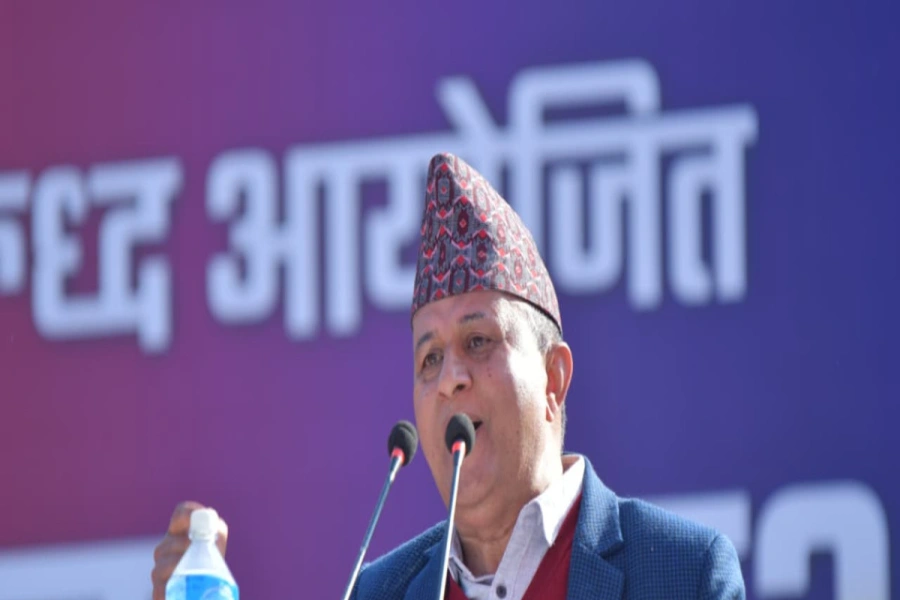

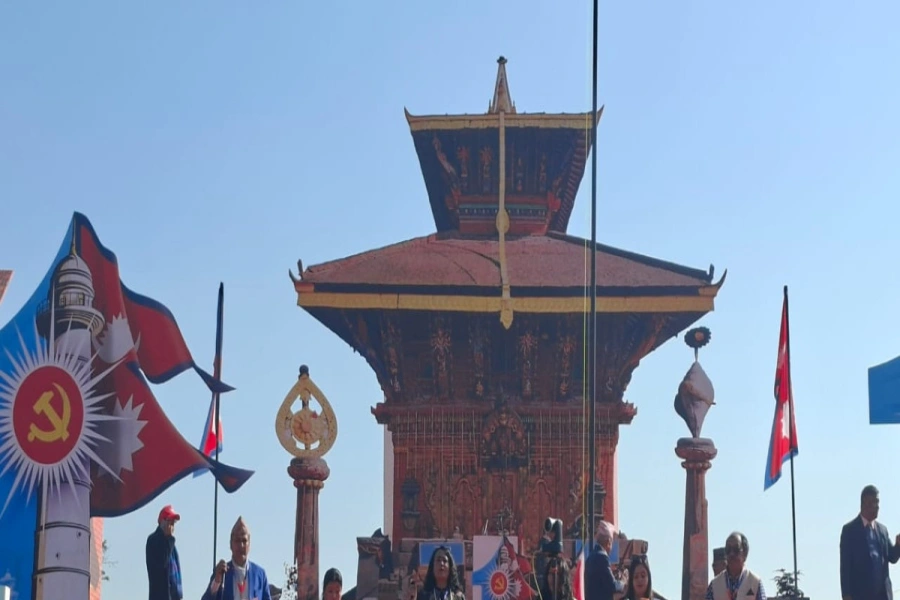

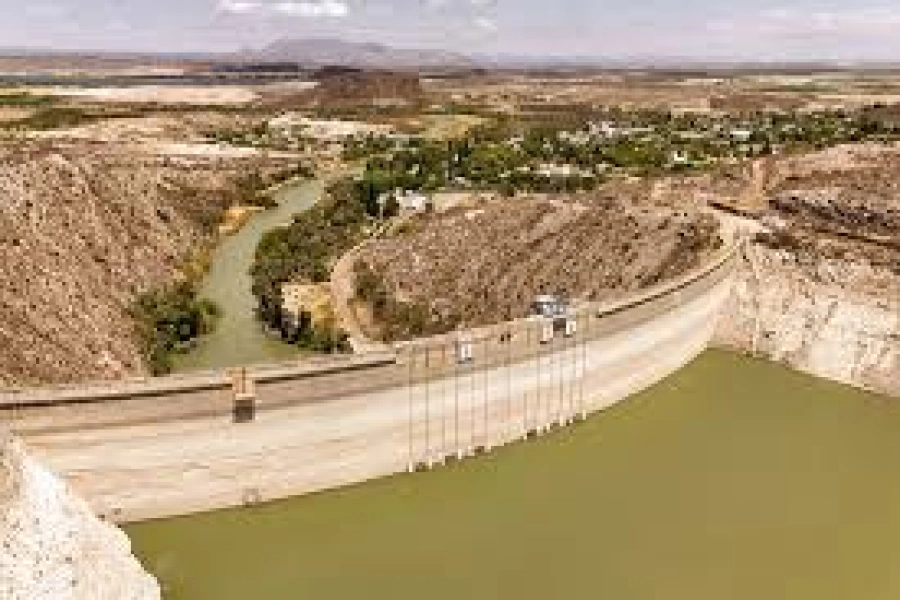

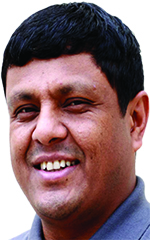

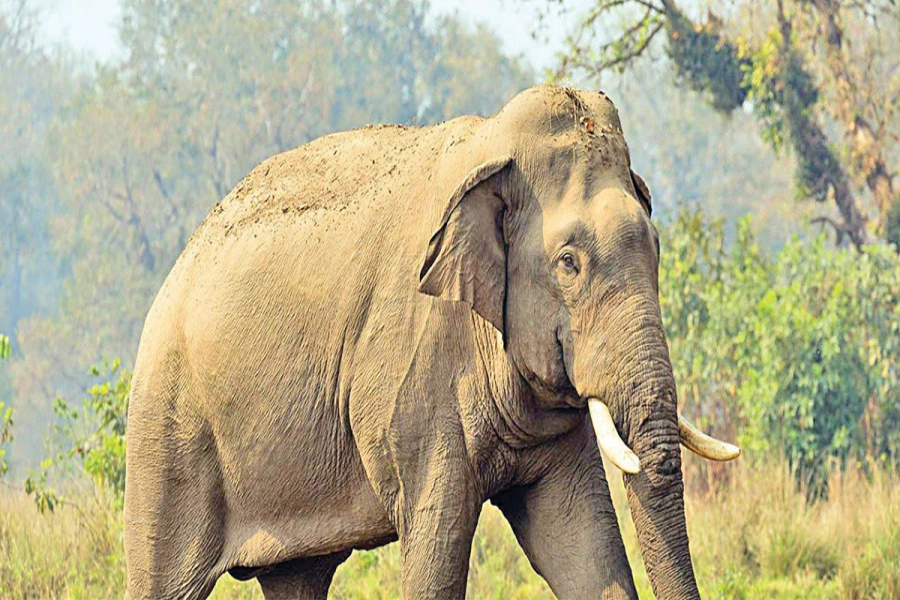


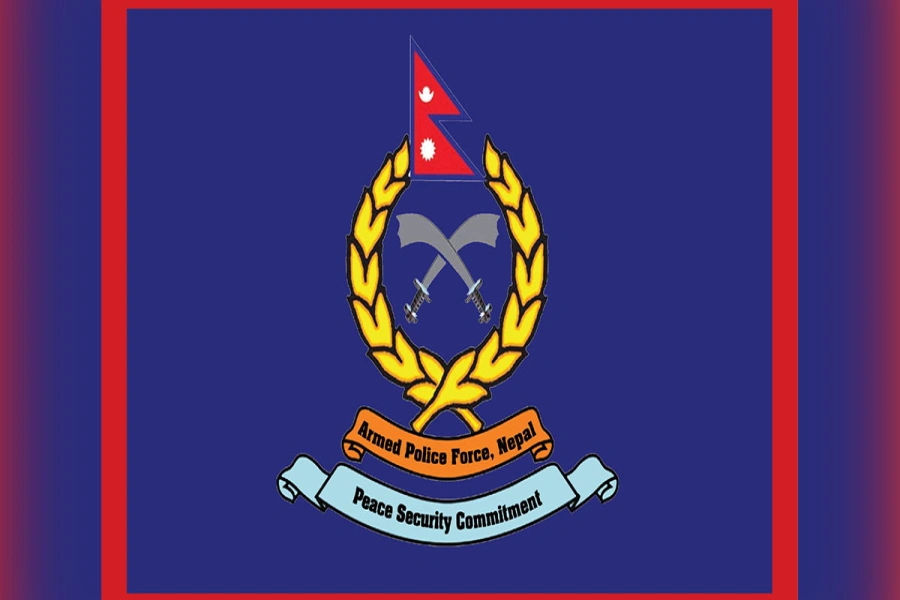
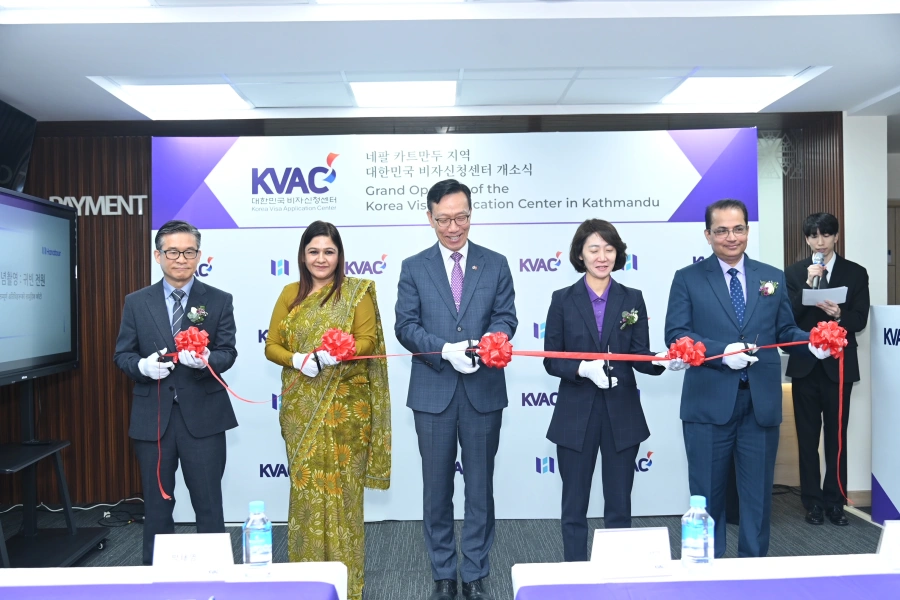





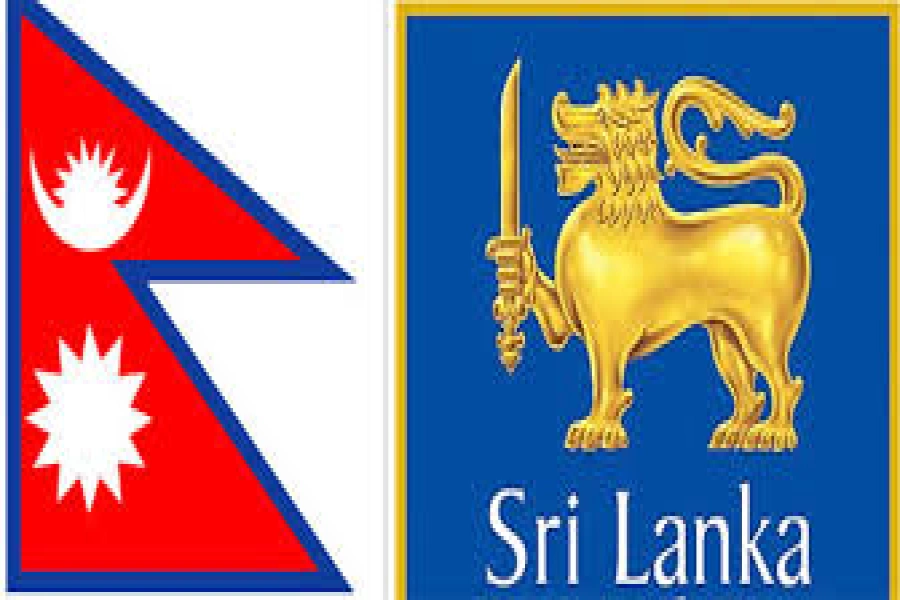
-1765616104.webp)

